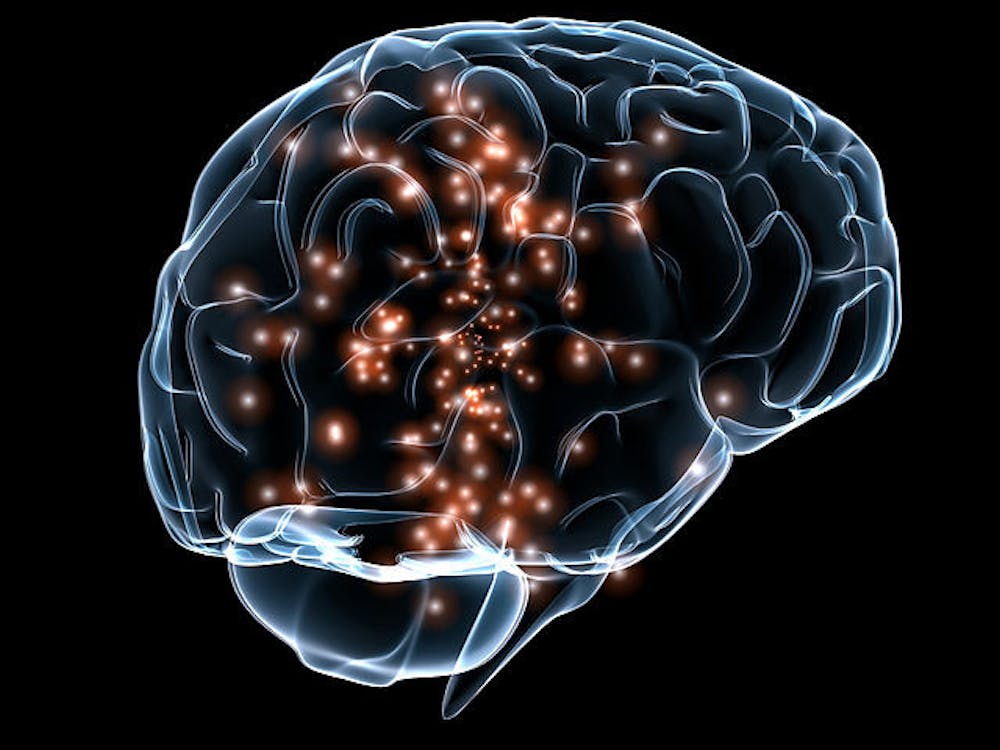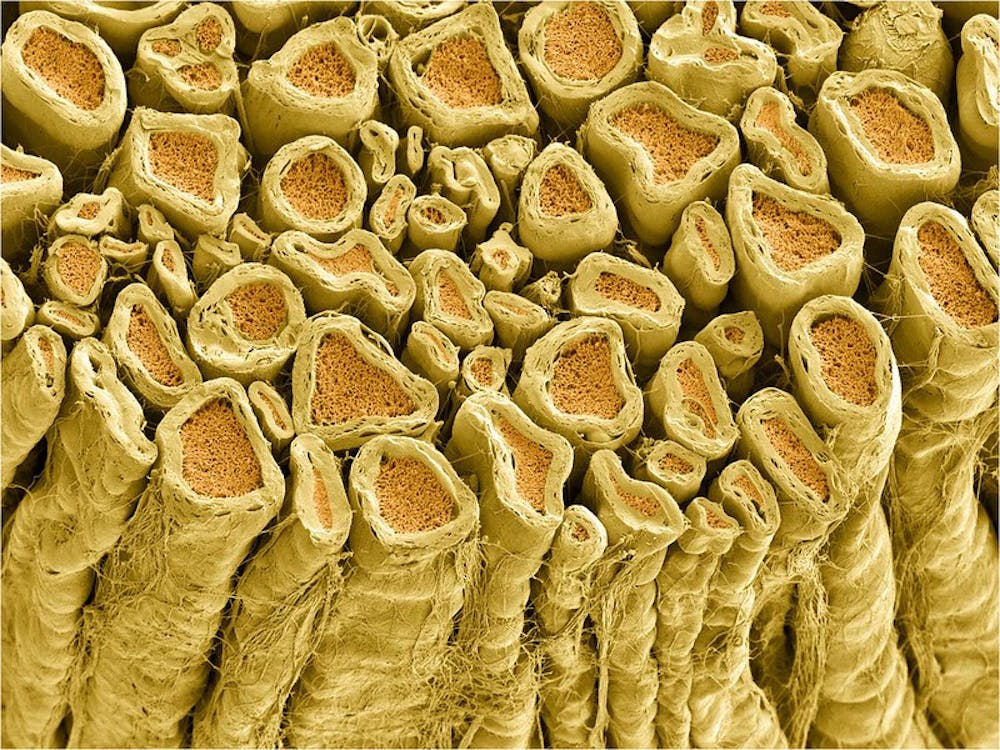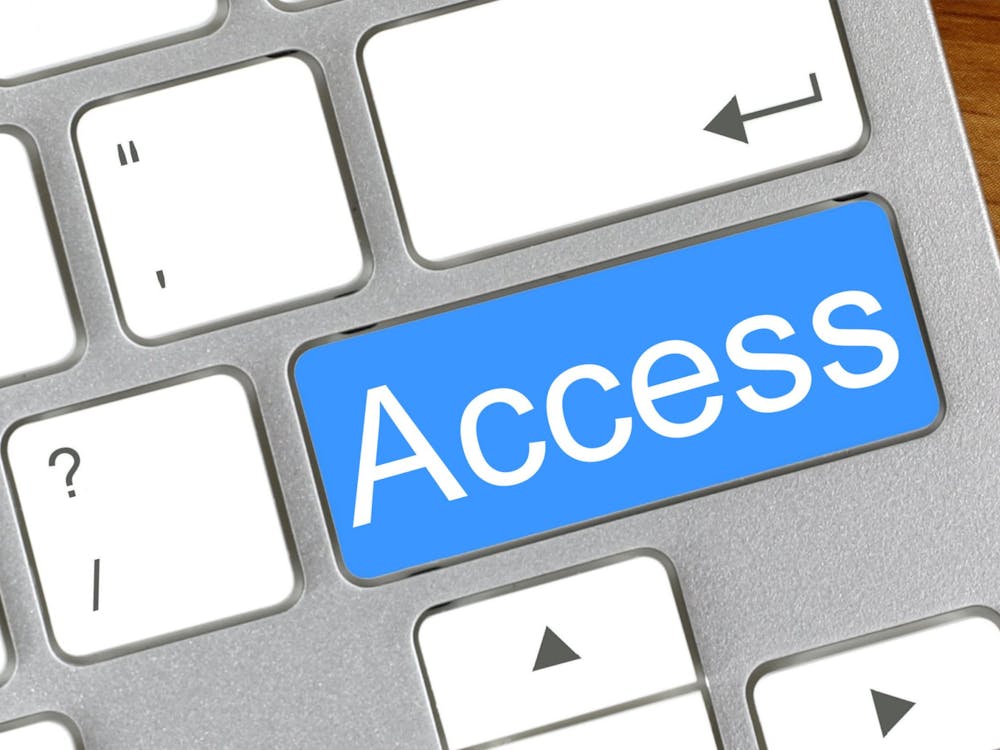Every time you get an iPhone, there is either another one on the market or another one in the production stage. It is an incessant and relentless cycle of cash flow and development.
The 21st century student is overwhelmed with so many gadgets and contraptions in order to “help” them with their academics, that the fine line between distraction and development is being blurred.
Over the past decade, the versatility of the tablet has changed many students’ ways. The list goes on: Apple Ipad, Google Nexus, Amazon Kindle Fire, Barnes and Nobles Nook, Samsung Galaxy, Microsoft Surface, HP Slate Pro, HP Omni, Asus Transformer. . .(I thought transformers weren’t real.)
The influx of these gadgets, and the usefulness of the various applications that they have, have allowed humans to transform their personal lives. Moreover, they have allowed students to transform their academic methods in the classroom setting. Students use calendars to organize their schedules, plan their agendas and download required files. But the most popular use of these tablets has been taking notes in class during lectures.
But how effective is it really?
According to Science Daily, writing by hand strengthens the learning process in a human’s brain. Associate professor Anne Mangen at the University of Stavenger’s Reading Center believes that while we write, the brain receives signals from the physical action of putting pen to paper which are significantly different than those received from typing on a keyboard or using a screen.
While we write by hand, the movements involved transfer a signal to the sensorimotor portion of the brain which assists in the process of recognizing letters and retaining information.
Mangen has done extensive research in the area of haptics, which is the “process of touching and the way in which we communicate by touch, particularly by using our fingers and hands to explore our surroundings.”
Mangen conducted an experiment with two groups of adults who were each required to learn an unknown alphabet. One group was allowed to use paper and pencil while the others were given a method of electronic learning — tablet or computer with a keyboard. After three weeks, the two groups of adults were tested on how well they had learned the new content.
In each test, the group who had been given paper and pencil had learned at a higher level than the group that had used technology. The pen and pencil method activated the Broca’s area in the brain as observed in the fMRI imagings taken in Mangen’s tests.
But does Hopkins agree with Mangen? Charlotte Butash, a freshman biology major, says that she enjoys taking notes on her laptop. “It’s the same as taking notes on paper. I still have to understand what the professor is saying, process it andthen type it,” Butash said.
Tablets, however can provide a “dangerous source of distraction” Kevin LeBlanc, a freshman mechanical engineering major, said. “In high school, my school gave everyone iPads, and the note-taking app was difficult to use and was hard to navigate. Plus, using paper and pencil forces me to understand what I’m learning.”
So, are tablets in fact taking over the traditional paper and pencil method of taking notes?
There is no argument that they are on the rise. The world is becoming increasingly technologically oriented and with that students are beginning to change their habits. Learning, however, is a concept that is not definitively identified; there are several types of learning and for some, the “necessity” of haptic signals isn’t quite required. The incessant battle between tablets and the conventional paper and pencil will continue forever. Choose a side, but whatever you do, take notes.















Please note All comments are eligible for publication in The News-Letter.